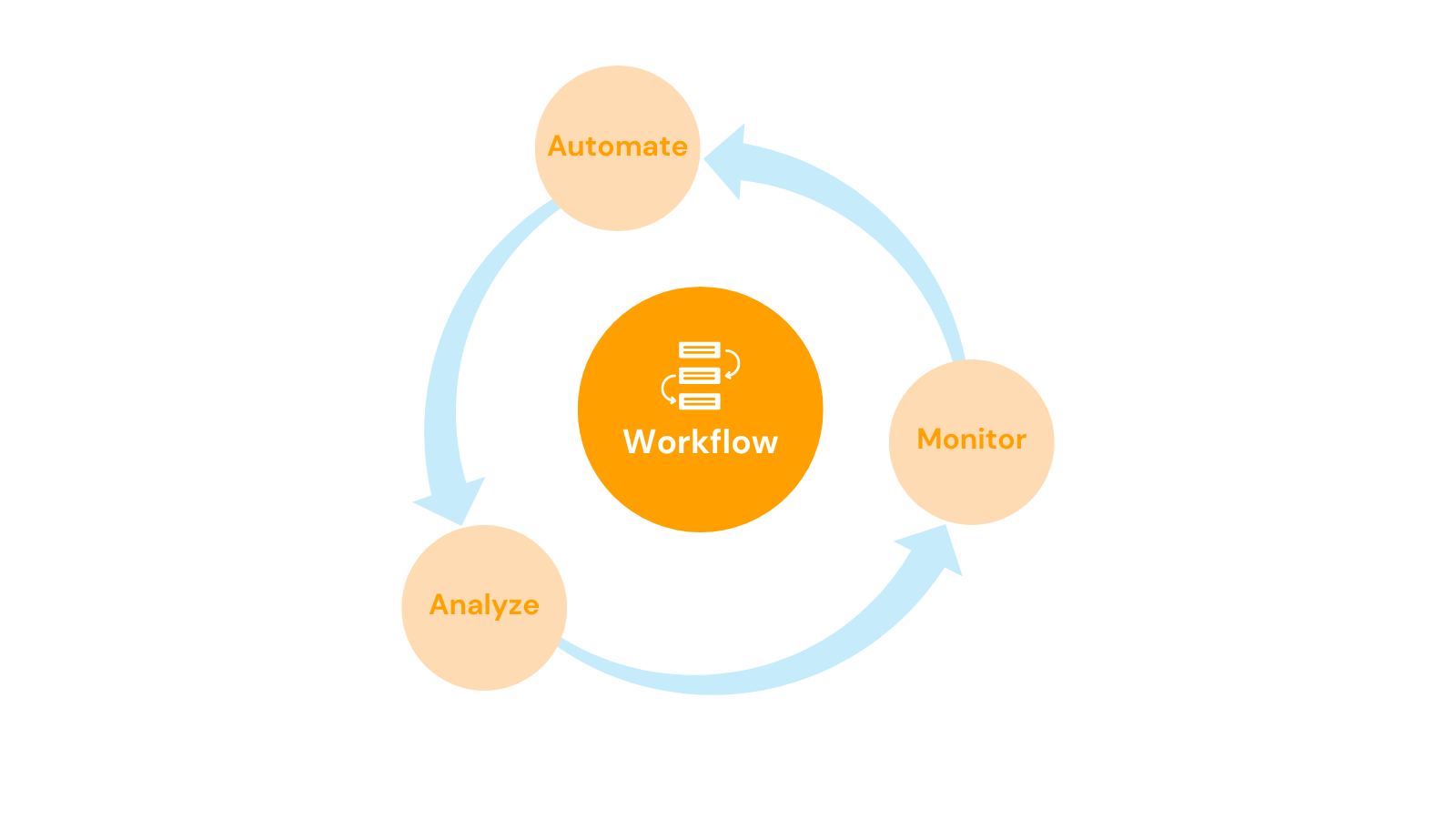
The modern legal market is very competitive, which is why businesses quickly adopt new technologies. Every year, new ideas come up, and this is likely to keep happening for the foreseeable future.
In fact, Gartner predicts that legal tech spending will reach 12% of in-house budgets by 2025. Most legal departments do this to support workflows and meet productivity demands.
With so many choices available, it can take time to keep up with the latest trends and market developments in legal technology.
But don’t worry! Because in this post, we’ll look at the most critical developments in the legal tech industry in 2023 and how they’ll affect Philippine law firms and businesses.
Let’s get started!
When we talk about improved cybersecurity practices, we’re referring to the implementation of state-of-the-art technologies, procedures, and policies designed to safeguard digital assets from unauthorized access, cyberattacks, and other forms of security threats.

To improve your company’s cybersecurity practices, consider implementing a simple and direct strategy, such as adding e-signatures to your documents.
E-signatures can help prevent document tampering, reduce the risk of fraud, and improve the overall security of document management processes.
When an e-signature is applied to a document, a digital record of the signing event is created—which can be audited and traced back to the signatory. This ensures the authenticity and integrity of the signed document, as well as a reliable way to track its history.
Document digitization is the process of converting paper documents into digital files. This is done by scanning the paper documents and converting them into an electronic format that can be stored, accessed, and managed electronically.

Generally, it is best to begin digitizing documents as soon as possible so your organization can reap the benefits of digital transformation sooner. However, your organization’s unique needs, resources, and priorities will determine the precise timing.
Remote work technology is a collection of tools that allow employees to work from locations other than the traditional office environment.

In addition to the many communication tools that help people work together from a distance, one major significant innovation in the legal industry that has garnered increasing attention is remote notary.
In remote notary, a notary public notarizes documents over the communication tools listed above, so they don’t have to meet in person. By doing this, businesses can streamline their operations, improve customer experience, and improve security and compliance.
As remote work and digital transformation continue to shape the modern business landscape, remote work technologies are becoming increasingly important tools for businesses looking to stay competitive and adapt to changing environments.
Workflow automation is the use of technology to automate and streamline business processes. This can include using software, tools, and technologies to automate repetitive and manual tasks, improve collaboration, and reduce the risk of inconsistencies and delays.

Workflow automation is critical in legal technology companies because it speeds up repetitive and time-consuming tasks, improves accuracy by reducing the possibility of errors, and makes it easier for teams to collaborate by providing a central location for communication and task management.
Legal technology can significantly impact client experience by streamlining communication between clients and legal professionals, increasing transparency in case management, improving efficiency in legal tasks, and providing clients with access to relevant information.
According to The Legal Trends Report, 79% of clients consider the ability to work remotely with a lawyer to be an important factor in hiring a firm. By catering to this customer preference and automating routine tasks, you will begin to outperform many of your more conservative competitors.
Furthermore, legal tech can help to build trust, increase transparency, and provide a more satisfying client experience—which can lead to repeat business and positive referrals.
Here at UNAWA, we recognize that the legal industry has specific technological requirements, so we’ve created solutions to address those wants and needs in full.
We’d be happy to answer any inquiries you may have about our services or the new legal technologies available in the coming years.
Contact us today to learn more about our legal tech solutions.